- Empty cart.
- Continue Shopping
Nenmenivaka (Albizia Lebbeck)
Original price was: ₹520.00.₹380.00Current price is: ₹380.00.
Genus : Albizia
“The Nenmenivaka Plant is a stunning botanical specimen that enhances the beauty of any garden or indoor setting. With its unique features and specific care needs, it is a sought-after plant for plant lovers and enthusiasts. Bring the elegance of the Nenmenivaka Plant into your space.”
Albizia lebbeck, also known as siris, is a deciduous tree that belongs to the Fabaceae family. It is native to the Indian subcontinent, Southeast Asia, and Northern Australia but has been introduced to many other tropical and subtropical regions around the world. The tree can grow up to 30 meters tall and has a broad, spreading crown.
The leaves of Albizia lebbeck are bipinnately compound and about 7 to 12 cm long, with numerous small leaflets arranged along a central axis. The leaflets are about 1 cm long, oval-shaped, and pointed at the tip. The tree produces fragrant flowers in globular clusters that are about 2.5 cm in diameter. The flowers are white or pale yellow, and have many long stamens that give them a fluffy appearance.
The fruit of Albizia lebbeck is a flattened pod that is 10 to 15 cm long and contains several seeds. The seeds are flat and round, about 1 cm in diameter, and have a hard, dark brown seed coat.
Albizia lebbeck has a wide range of uses in traditional medicine. Various parts of the plant are used to treat a variety of ailments, including fever, diarrhea, dysentery, coughs, and respiratory infections. The tree also has a number of other uses. The wood is used for furniture, construction, and fuel, while the bark is used to make paper. The tree is also used in agroforestry systems to provide shade for crops and to improve soil fertility.

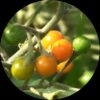
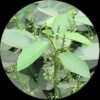

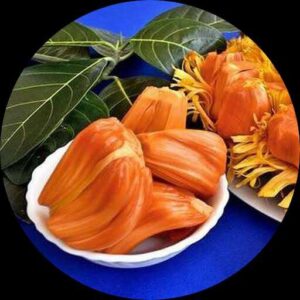

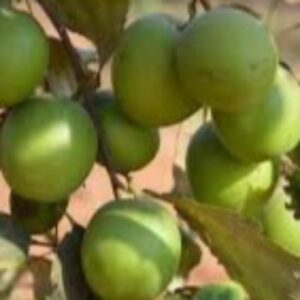

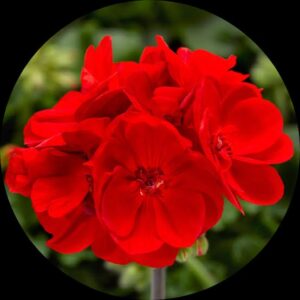
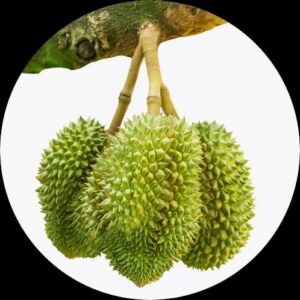
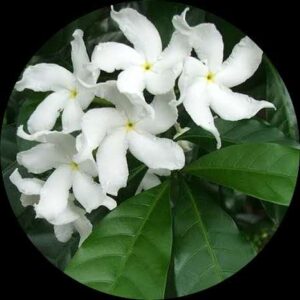
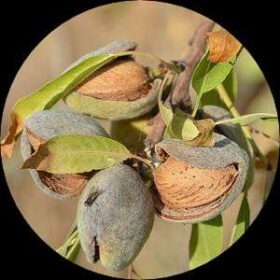
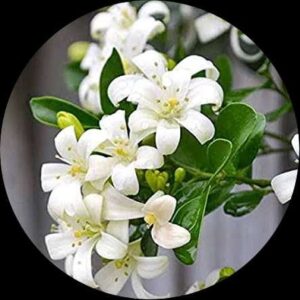
Reviews
There are no reviews yet.